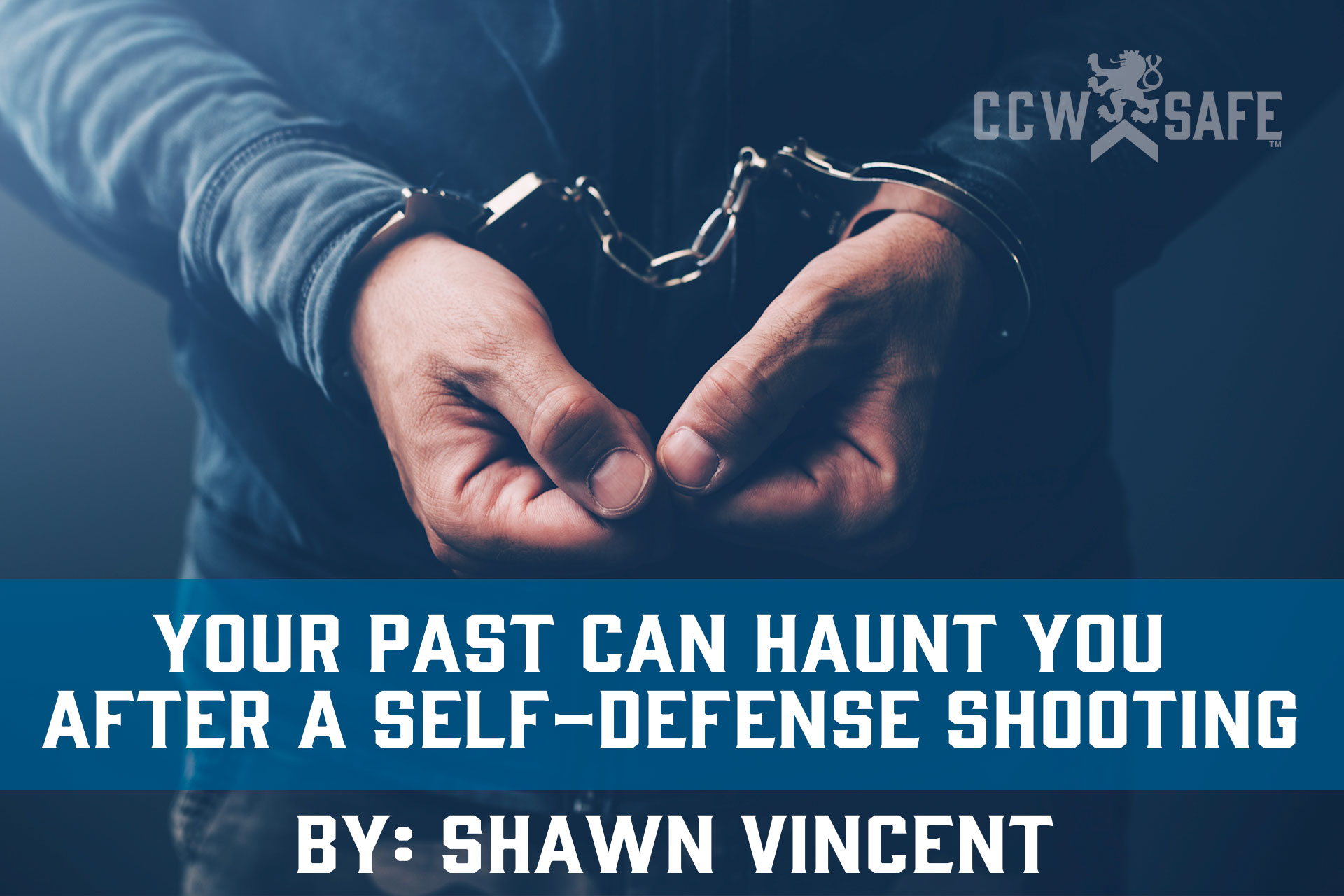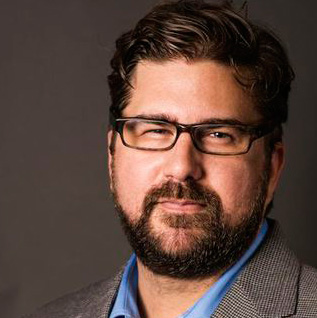
Posted on June 21, 2019
Your Past Can Haunt You After a Self-Defense Shooting
Your Past Can Haunt You After A Self-Defense Shooting
An update on the Michael Drejka Case.
Michael Drejka shot Markeis McGlockton during a dispute over a handicapped parking spot at a Clearwater, Florida convenience store in July of 2018. The case made national headlines because McGlockton was unarmed, and the Pinellas County Sheriff, Bob Gualtieri, declined to make an arrest, citing Florida’s “stand your ground” law.
McGlockton parked in the handicapped spot, as his girlfriend Britnay Jacobs said, because the parking lot was busy and he’d only be inside for a minute. McGlockton entered the store with his five-year-old son while Jacobs stayed in the car with their three-year-old and four-month-old baby.
That’s when Drejka approached Jacobs, criticizing her for parking in the handicapped spot without a permit. It triggered a heated verbal argument, and when McGlockton exited the store, he rushed to intervene. Security footage shows him walk swiftly toward Drejka and shove him violently to the ground. Drejka — a licensed concealed carrier — sits up and draws his pistol. McGlocketon takes a couple steps back, and after a pause, Drejka fires a fatal shot.
In the days that followed, Sheriff Gualtieri’s decision not to arrest sparked public outrage. During a press conference, Gualtieri, who is also a lawyer, cited Florida’s “stand your ground” law — along with a recent change in the law, shifting the burden of proof from the defense to the prosecution — as his justification for not making an arrest. He publicly admitted that he found the case troubling. “That pause gives me pause,” he said, referring to the palpable moment between when Drejka drew his weapon and when he fired.
Reporters discovered that Drejka had been accused of pulling a gun during two separate 2012 road rage incidents. In both cases, Drejka denied displaying his weapon, and no charges were filed.
Confronted with these prior incidents, Sheriff Gualtieri stood by his decision. “What’s relevant is not whether this guy’s a good guy, nice guy, or whether he’s a jerk, or whether he’s a thorn in people’s side and what he’s done, whether it’s three weeks ago, three months ago or three years ago.”
“What’s relevant,” the sheriff said, “and the only thing we can look at here is was he in fear of further bodily harm.”
Don West, criminal defense attorney and National Trial Counsel for CCW Safe, says the sheriff was citing the evidence code that determines whether the prior bad acts of a defendant can be introduced to a jury. In a court of law, “people shouldn’t be judged for being a bad person or having bad character traits,” West says. “Allowing the jury to dislike someone because of something they did in the past that was unrelated, and using that as evidence to convict him — it’s fundamentally unfair.”
However, evidence of prior bad acts can be introduced, West says, if it speaks to a motive in the case, if can demonstrate the “absence of mistake” — if it shows the act was intentional.
In our CCW Safe series “The Four Elements of Self-Defense,” we explored the Ronald Gasser case out of New Orleans. During a road rage incident, Gasser confronted Joe McKnight at a busy intersection, and after McKnight reached into Gasser’s vehicle, Gasser shot him three times. It turns out that several years earlier, Gasser had been arrested for punching a man during a road rage incident at the very same intersection. Before trial, Gasser’s attorneys fought desperately to keep the evidence from being presented to a jury, but the judge felt the incident was so similar that it would be relevant at trial. The jury found Gasser guilty of second-degree murder.
While Sheriff Gualtieri chose not to arrest, a criminal investigation proceeded none-the-less. Investigators found a third troubling incident from Drejka’s past. A septic truck driver named Ricky Kelly told sheriff’s detectives that he parked in the same handicapped spot three months before the McGlockton shooting, and Drejka approached him, began yelling, and threatened to shoot him. Drejka later called the septic company and told the Kelly’s boss “that he was lucky he didn’t blow his employee’s head off.”
After a month-long investigation, the state attorney charged Drejka with manslaughter, a charge that Don West says could result in up to thirty years in prison if Drejka is convicted.
During an April 2019 evidentiary hearing, defense lawyers argued with prosecutors over whether evidence of Drejka’s prior bad acts could be introduced at trial. The judge ruled that the 2012 road-rage incidents were out, but a jury will hear evidence of the septic truck incident.
Don West says that’s bad news for Drejka. “Implicit in a self-defense claim is the reasonableness of your conduct, the purity of your thoughts,” West says. “Were you using deadly force because you believed you were about to be injured or killed, or were you angry and seeking revenge for a prior incident?”
That “pause” that the sheriff commented on — that pause gave Drejka a moment of reflection. What was Drejka thinking during that moment? That’s the question jurors will have to answer as they seek to determine the shooter’s fate.
“Anytime you are trying to find out what’s going on in someone’s mind,” Don West says, “typically it’s a circumstantial inspection rather than direct. All sorts of things will reflect and provide insight into that thinking.” In Drejka’s case, the testimony of the septic truck driver will provide jurors with insight into Drejka’s thinking during that troubling “pause.”
The lesson for the concealed carrier is that your past can come back to haunt you should you ever become involved in a self-defense shooting. If you have exhibited violent behavior during a past confrontation, or if there are incidents in the past where you have brandished your weapon, then under the right circumstances, that evidence could be used to suggest a motive other than reasonable fear. Even if that evidence never makes it before a jury, you can bet that it will influence a prosecutor’s decision to charge you with a crime. Conversely, if you have a reputation of maintaining a cool temper and exhibit the traits of a responsible gun owner, that will work in your favor if you ever face the nightmare of a self-defense scenario.
 |
SHAWN VINCENT- LITIGATION CONSULTANTShawn Vincent is a litigation consultant who helps select juries in self-defense cases, and he manages public interest of high-profile legal matters. If you have any questions for Shawn, or would like more articles like this, let us know belo |